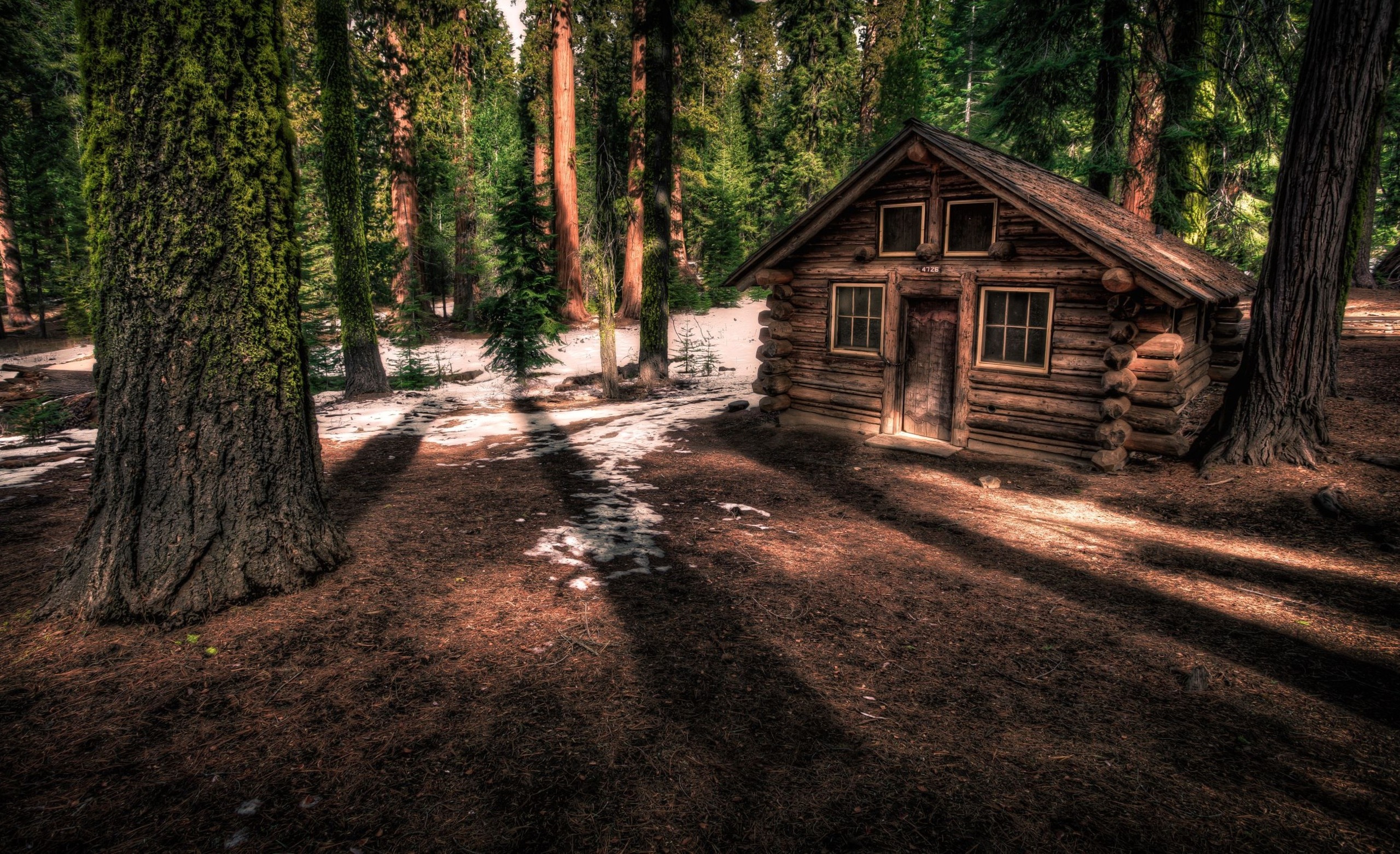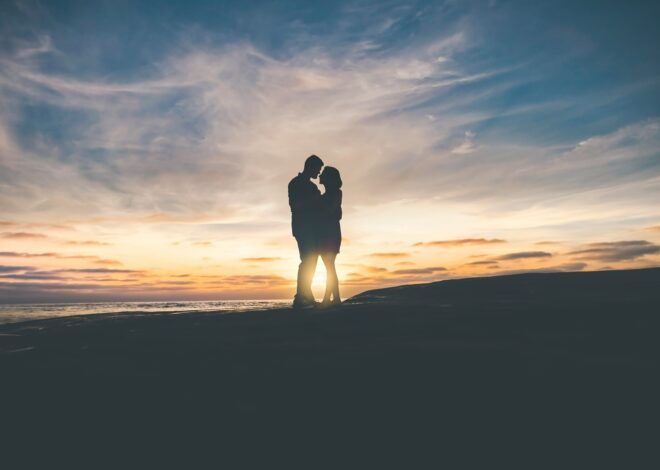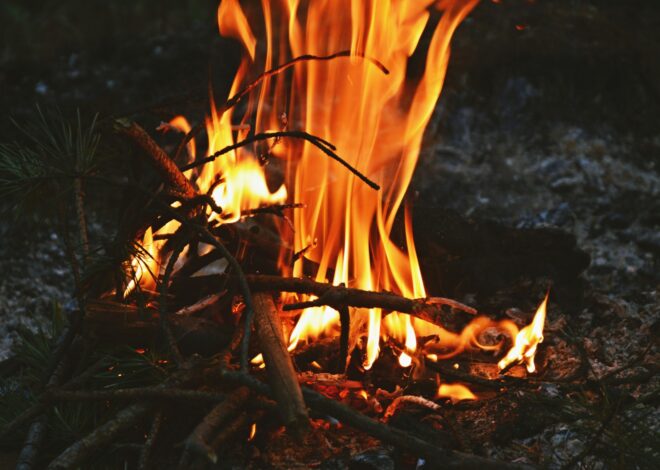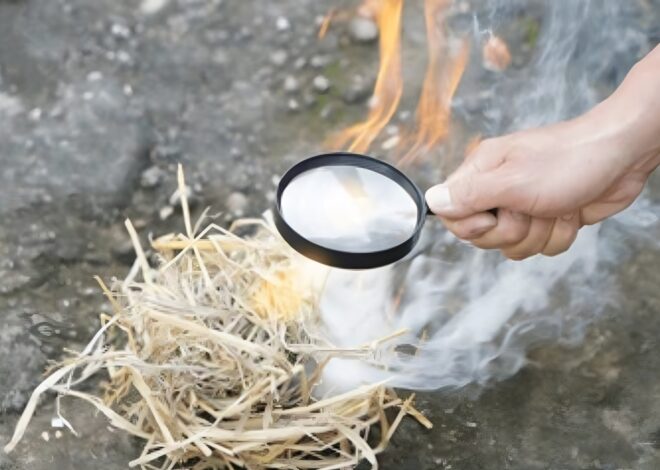
Surviving Off The Grid
In this blog post, we will delve into the ins and outs of surviving off the grid, exploring the benefits, challenges, tips for success, and everything in between. Picture this: a life where the hustle and bustle of city living are replaced by the serene sounds of nature, where self-reliance reigns supreme, and sustainability is not just a buzzword but a way of life.
Welcome to the world of off-grid living, where embracing simplicity unlocks a whole new level of freedom and connection with our environment. So grab your compass and get ready to embark on an adventure towards a more sustainable future!
Benefits of Living Off The Grid
Living off the grid offers a sense of freedom and independence that is hard to come by in today’s fast-paced world. By disconnecting from traditional utilities and embracing a self-sufficient lifestyle, individuals can reduce their environmental impact while also saving money on monthly bills.
One of the key benefits of living off the grid is the opportunity to connect with nature on a deeper level. Away from the hustle and bustle of city life, residents can enjoy clean air, starlit skies, and peaceful surroundings.
Additionally, off-grid living promotes creativity and problem-solving skills as individuals must find innovative ways to meet their daily needs without relying on modern conveniences.
Choosing to live off the grid can lead to a simpler, more intentional way of life that prioritizes sustainability and self-reliance.
Challenges of Living Off The Grid
Living off the grid comes with its fair share of challenges that you should be prepared to face. One significant challenge is the lack of access to modern conveniences like electricity and running water. You will need to find alternative sources for these basic necessities, which can require a steep learning curve.
Another obstacle is the isolation that often accompanies living off the grid. Being away from bustling cities means limited interaction with others, so it’s essential to find ways to combat feelings of loneliness and stay connected.
Additionally, managing your resources efficiently is vital when living off the grid. You’ll need to learn how to conserve water, generate power sustainably, and grow your own food effectively.
Adapting to unpredictable weather conditions and natural disasters is another hurdle you may encounter while living off the grid. It’s crucial to have contingency plans in place for emergencies and be resilient in times of crisis.
Choosing the Right Location
When it comes to living off the grid, choosing the right location is crucial. Your surroundings will greatly impact your ability to thrive in a self-sufficient lifestyle. Look for an area with access to clean water sources like rivers or lakes. Water is essential for survival and daily tasks.
Consider the climate of the region you’re looking at – extreme temperatures can make off-grid living more challenging. Think about the soil quality as well; fertile land will be vital for growing your own food sustainably. Research local zoning laws and regulations regarding off-grid living to avoid any legal issues down the road.
Access to resources such as wood for heating, building materials, and potential hunting grounds should also be taken into account when selecting a location. Additionally, proximity to healthcare facilities and emergency services is important for safety reasons.
Take your time in evaluating different options before making a decision on where to build your off-grid homestead. The right location can set you up for success in embracing a simpler life away from mainstream society.
Necessary Skills and Resources for Survival
Living off the grid requires a unique set of skills and resources to thrive in a self-sufficient lifestyle. First and foremost, mastering basic survival skills such as building shelter, starting fires, hunting for food, and purifying water is essential. Having a deep understanding of your surroundings and being able to adapt to different environments are key.
Being resourceful with limited supplies is crucial when living off the grid. Learning how to grow your own food through gardening or raising animals can provide sustenance. Additionally, knowing how to preserve food through techniques like canning or drying will help you sustain yourself throughout the seasons.
Furthermore, having a solid grasp of renewable energy sources such as solar panels or wind turbines can ensure that you have access to power even when disconnected from the grid. Developing knowledge on alternative heating methods like wood stoves or passive solar design can also keep you warm during colder months.
In addition to practical skills, cultivating a resilient mindset and embracing challenges with creativity and determination are invaluable traits for surviving off the grid. Adapting to unforeseen circumstances and continuously learning new skills will help you navigate the unpredictable nature of living independently from mainstream society.
Building a Sustainable and Self-Sufficient Lifestyle
Living off the grid requires building a sustainable and self-sufficient lifestyle that can support your basic needs without relying on outside resources. To achieve this, you’ll need to cultivate skills like growing your food, harvesting rainwater, and generating renewable energy.
Creating a sustainable lifestyle involves designing a living space that maximizes natural resources while minimizing waste. Consider implementing composting systems, using solar panels for electricity, and harnessing wind power where applicable.
To be truly self-sufficient, learn how to preserve food through canning or drying methods. Stock up on non-perishable items for emergencies and focus on creating a resilient homestead that can withstand unforeseen challenges.
By embracing a sustainable mindset and honing practical skills, you can build a lifestyle that not only supports your needs but also reduces your impact on the environment.
Alternative Energy Sources
Looking for alternative energy sources is crucial when living off the grid. Solar power is a popular option, harnessing the sun’s energy through solar panels to provide electricity. Wind turbines can also be used to generate power by capturing wind energy and converting it into electrical energy.
Hydroelectric power utilizes flowing water to produce electricity, making use of rivers or streams on your property. Biomass energy involves burning organic materials like wood or plant waste for heat and electricity production. Geothermal energy taps into the Earth’s natural heat underground for heating and cooling systems.
Embracing these alternative energy sources not only reduces reliance on traditional fossil fuels but also helps in creating a more sustainable lifestyle off the grid. By incorporating these renewable resources, you can significantly decrease your environmental impact while enjoying a self-sufficient way of living.
Tips for Maintaining Mental and Physical Health
Living off the grid can be a rewarding but challenging lifestyle that requires you to take care of both your mental and physical well-being. One tip for maintaining your health is to prioritize regular exercise. Whether it’s hiking in nature, practicing yoga, or doing bodyweight exercises, staying active is crucial for your physical fitness and mental clarity.
Another important aspect is nutrition; make sure to eat a balanced diet rich in fresh fruits and vegetables. Growing your food can be empowering and ensure you have access to healthy ingredients. It’s also essential to stay hydrated and limit consumption of processed foods.
Taking time for self-care activities like meditation, journaling, or reading can help reduce stress levels and promote relaxation. Additionally, getting enough quality sleep is vital for overall health – aim for 7-9 hours per night.
Engaging with nature by spending time outdoors, breathing fresh air, and soaking up sunlight can boost mood and energy levels. Don’t forget the importance of social connections too; staying connected with loved ones or joining a like-minded community can provide support during challenging times on your off-grid journey.
Overcoming Isolation and Connecting with Community
Living off the grid can sometimes lead to feelings of isolation, especially if you’re far from conventional neighborhoods or towns. However, overcoming this challenge is possible by actively seeking out like-minded individuals who share your values and lifestyle choices.
One way to connect with a community is by attending local events or gatherings that focus on sustainability, homesteading, or off-grid living. These gatherings not only provide an opportunity to meet new people but also offer valuable insights and support from those who understand your journey.
Additionally, joining online forums or social media groups dedicated to off-grid living can help bridge the gap between physical distances. Sharing experiences, asking for advice, and offering support within these virtual communities can create a sense of belonging even when living remotely.
Collaborating on projects with fellow off-gridders in your area can also foster connections and strengthen bonds within the community. Whether it’s sharing resources, knowledge, or simply lending a helping hand when needed, building relationships with others who value self-sufficiency can enrich your off-grid experience.
Conclusion: Embracing a Simpler Life off the Grid
Embracing a simpler life off the grid is not just about surviving; it’s about thriving in harmony with nature. It requires dedication, hard work, and a willingness to learn new skills. By disconnecting from the traditional grid and embracing self-sufficiency, you can experience true freedom and resilience.
Living off the grid may have its challenges, but the rewards are immeasurable. From reducing your environmental impact to gaining a sense of independence, this lifestyle offers a unique opportunity to reconnect with the earth and live in tune with its rhythms.
So if you’re ready to take the plunge into off-grid living, remember that it’s not just a way of life – it’s a mindset. Embrace sustainability, community connection, and self-reliance as you embark on this journey towards a simpler, more fulfilling existence off the grid.




Hi Jack,
I just finished reading your thoughts on living off the grid, and I must say, I’m not just impressed; I’m inspired! Your articulate expression of the benefits and joys of this lifestyle resonates deeply with me. The idea of embracing such a self-sufficient and sustainable way of living is not only admirable but deeply compelling.
I wholeheartedly agree with your points on the empowerment that comes from the enhanced creativity and problem-solving skills required for off-grid living. It’s a profound way to reconnect with our basic survival instincts and fosters a unique form of resilience that modern life often overlooks. The independence from conventional systems and the closer bond with nature truly speak to freedom that many of us yearn to experience.
The sustainability aspect is particularly striking. Utilizing renewable energy sources like solar and wind power not only reduces our carbon footprint but also aligns with a conscientious lifestyle that prioritizes our planet’s health over convenience. It’s an exemplary model of living that showcases how we can significantly impact our environment positively.
Moreover, the community aspect you mentioned is something that excites me the most. The idea of building a network of like-minded individuals who support and uplift each other in such a setting adds a rich layer of social interaction and shared purpose to the experience. It’s comforting to know that while off-grid living might seem isolating, it indeed is quite the opposite when done within a community.
Thank you for sharing your insights and experiences. I am with you on this journey and look forward to perhaps sharing more about this lifestyle with others. Embracing this simpler, more intentional way of life is not just about surviving; it’s about thriving in the truest sense. Let’s keep this conversation going and explore how we can further this lifestyle choice together.
All the Best,
Eric
Hi Eric,
I really enjoyed reading your comment about living off the grid. Thank you for your kind words about our article and I’m so glad that you got something out of it. Living off the grid is a lot harder than most people think. We get upset if we lose power or cell phone service for short periods of time.
Just imagine what it would be like if the power never comes back online. That would throw us back in time to the stone age instantly. It would be catastrophic to say the least. It is estimated that most of the American population would perish within six months.
That’s a sobering and terrifying thought. The reason being is that most American’s do not know how to be self sufficient. We forgot how to live off the land. Ever since the Industrial Revolution, each successive generation has lost ancient survival skills used by our forefathers.
We are completely disconnected from our past and society as whole can not survive without technology. That is why it is critically important to learn basic survival skills like starting a fire without matches or being able to navigate without a GPS. Learning how to fish and hunt are extremely important skills as well.
So whether you are an outdoor enthusiast, survivalist, prepper or just a weekend warrior. Learning how to survive and how to be self sufficient could actually save your life. Should the unthinkable ever occur, being prepared is the best insurance policy one could have. It’s better to have this knowledge and not need it than to leave yourself at the mercy of the unknown.
Best wishes Eric,